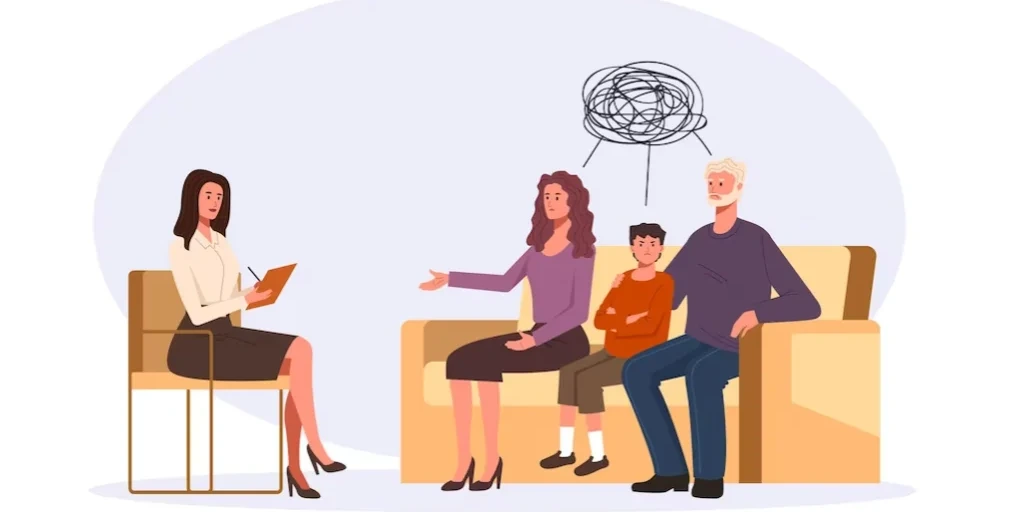24/7 Helpline:
(866) 899-221924/7 Helpline:
(866) 899-2219
Learn more about PTSD Rehab centers in Dowagiac
PTSD Rehab in Other Cities

Other Insurance Options

Amerigroup

Optima

Holman Group

WellPoint

Lucent

Highmark

UnitedHealth Group

MHNNet Behavioral Health

AllWell

CareFirst

Aetna

CareSource

United Health Care

Private insurance

Molina Healthcare

Covered California

Self-pay options

Humana

Health Net

Premera






Woodlands Behavioral Healthcare Network
Woodlands Behavioral Healthcare Network works with individuals, families, and the community to inspi...





















































































